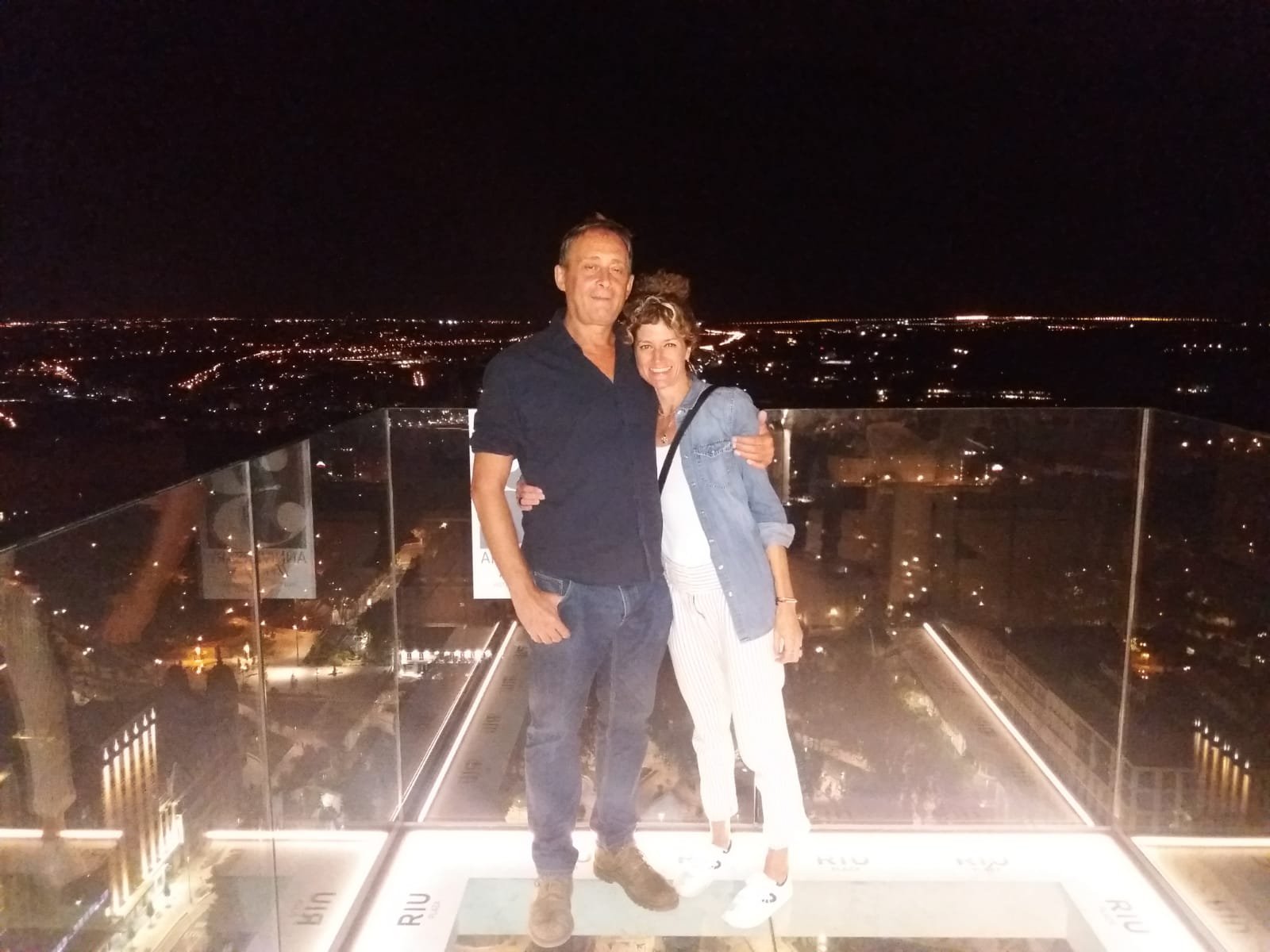The Light We Seek
I've been listening to Amelia Rodrigues in the last few days; one of her songs playing in a Portuguese restaurant in Barcelona last week inspired my renewed attention to fado music. Fado - like boleros, or the blues - expresses the melancholy that results from loss and longing. Stenciled on the wall of this restaurant was a quotation from Nick Cave -- something about how humans yearn to be transported from darkness to light. It is perhaps the most fundamental human drive besides basic survival -- a drive to oneness, to reconnect with the whole, the divine, the light, god, dios. . . call it what you will. We go about this in many ways -- usually misguided. The beauty of our interrelatedness is that someone else's expression of an internal state that we know - through a song, a painting, an embrace - can help us transcend that state, and thus get a glimpse of the light we seek.
The tsunami of tourists inundating capital cities in Europe I've visited in the last couple of weeks has me thinking about human migration -- about movement from one part of something to another. It's not dissimilar to the movement of other earthly elements - glaciers melting, waters rising, tectonic plates shifting. . . human migration is both informed by and a reflection of these other types of elemental displacement. Perhaps torrents of consumers flooding Madrid, Barcelona and Athens are not all that different from waters engulfing Pakistan and Alaska.
It is no secret that Catalonians are known for being protective and at times even hostile toward those they perceive as outsiders -- particularly in recent years when tourism in Barcelona has reached epic proportions. There are all kinds of historical, social and political reasons for this guardedness that should not be overlooked. On the surface, though, tourism seems to be a big variable. It's understandable that one might have a negative response when living in the crush of vacation liners dumping loads of consumers in the place you call home. That hostility is an imprecise weapon, though; we are living in a world where few people stay fixed in the place they were born — and Barcelona is no exception. We're living in a world that is defined by migration and movement -- and it seems clear that is only going to accelerate.
I spent an afternoon with friend who recently moved from the US to Barcelona - his wife is Catalonian. While he is a native Spanish speaker, he doesn't speak Catalan -- and his tall, blonde, straight white male self has, ironically, endured a fair amount of 'othering' from locals. Thinking about my friend - whose identity and life spans at least four different countries and cultures - as well as countless others with complex identities raises the question: what does an immigrant look like in 2022? People today change their locations for all kinds of reasons -- and with varying degrees of urgency. This movement is in response to climate crisis, to social and political persecution, to cost of living increases, to the work flexibility brought about by the pandemic, and in search of a better quality of life. Whatever our unique circumstances, we all need home: a sense of belonging, a sense of purpose, and a sense of peace and safety in the place where we live. It's worth mentioning that there are countries - including Spain - whose governments are actively incentivizing immigration by creating a pathway for 'digital nomads' to live and work for up to three years with a temporary visa.
Being an immigrant or a traveler - to say nothing of being a tourist - often means living on the periphery of things -- physically living on the outer edges of a city, and/or of a culture. How does one cross this threshold to enter and truly internalize a culture or a place? How does one belong? I'm pretty sure it doesn't involve shopping at Lush and Zara -- though eating, drinking and shopping are ways - perhaps unconscious - of seeking 'oneness' with a place. Consuming is how we take things in -- it is how we know things. . . and people. It's how we make them ours. A baby knows the world by putting everything in its mouth. We incorporate, or bring into our bodies, anything or anyone with whom we seek union.
Shopping and eating as ways of knowing a place keep us on the periphery, skimming the surface. Many live on the outer edges of life itself -- circling our own perimeters, not daring to cross the threshold to somewhere deeper within ourselves. Some seek people and things specifically because they put us in touch with the profound -- though that can also be terrifying and send us back to the outer valences.
Despite all of our contradictions and often foolish behavior, on some level most of us long to be ferried across the heavily barricaded frontier that seems to exist between darkness and light, between the banal and the ecstatic. Doing our own inner work — agonizing though it may be — is one way of crossing this threshold. We can also seek those who can accompany us, or show us a path — those who help carry us home.





